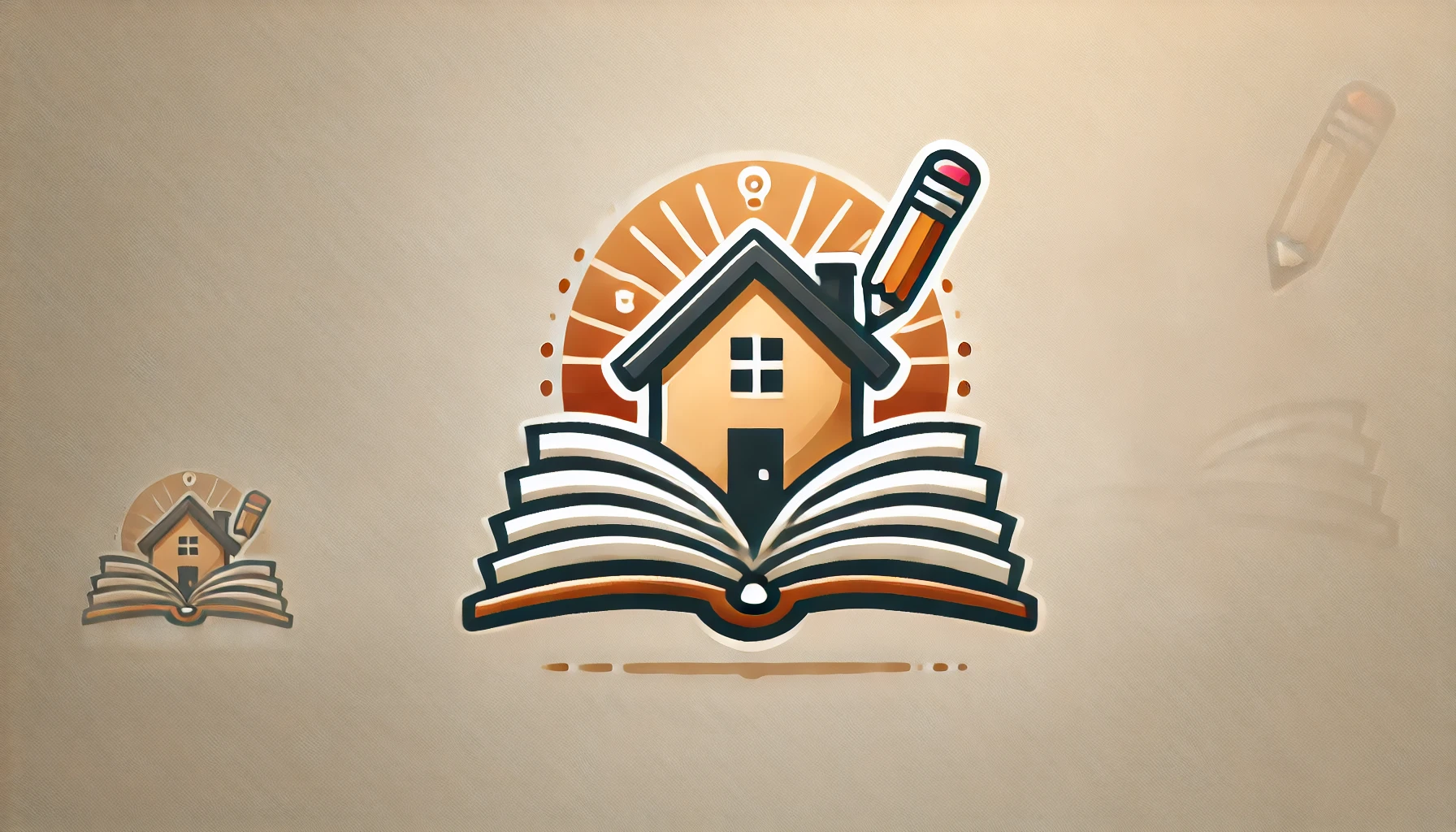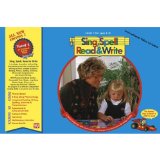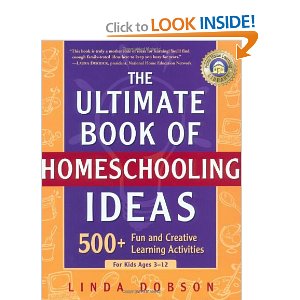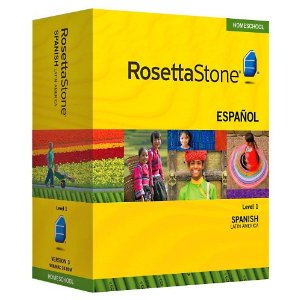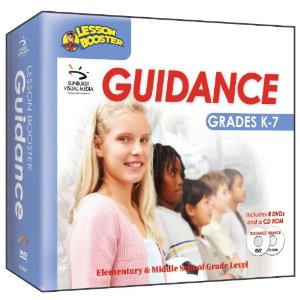Many homeschool kids and teens are seeking some sports or otherwise activities at public school, and it seems to gaining some momentum. For many parents and kids it is win-win situation, for others it might be not right, you decide.
STRASBURG, Pa., June 16 – Mary Mellinger began home-schooling her eldest sons, Andrew and Abram, on the family’s 80-acre dairy farm five years ago, wanting them to spend more time with their father and receive an education infused with Christian principles. Home schooling could not, however, provide one thing the boys desperately wanted – athletic competition.
But the school district here, about 60 miles west of Philadelphia, does not allow home-schooled children to play on its teams. So Mrs. Mellinger reluctantly gave in and allowed the boys to enroll in public high school, where Andrew, 17, runs track and Abram, 15, plays football and both perform with the marching and concert bands.
“We grieved about losing the time we had with the boys,” Mrs. Mellinger, 41, said outside the 150-year-old red brick house where Mellingers have lived for seven generations. “It seems so unfair. We’re taxpayers, too.”
Mrs. Mellinger’s plaint has become the rallying cry for an increasing number of parents across the country who are pushing more public schools to open their sports teams, clubs, music groups and other extracurricular organizations to the nation’s more than 1 million home-educated students.
This year, bills were introduced in at least 14 state legislatures, including Pennsylvania’s, to require school districts to open extracurricular activities, and sometimes classes, to home-schooled children, say groups that track the issue. Fourteen states already require such access, while most others leave the decision to local school boards.
But many districts strongly resist the idea, citing inadequate resources, liability issues, questions about whether students would be displaced from teams and clubs, and concerns about whether home-schooled children could be held to the same academic and attendance standards. In some states, districts also lose state aid when children leave to be home schooled, although that is not the case in Pennsylvania.
The push for access is in many ways a new chapter for the home-schooling movement, which for years viewed public education as a hostile, overly regulated system that should be avoided at all costs.
But as the movement has gained more acceptance and grown in size and diversity, more parents want their children to be involved in school activities like chess, basketball or Advanced Placement courses, say home-schooling advocates and educators. Even people who do not want the services argue that other families should not be denied them, seeing access as a civil rights issue for people who pay school taxes.
“We found enough activities within the home-school community to satisfy our needs,” said Maryalice Newborn, who runs a support network for home-school families outside Pittsburgh. “But if somebody else wants to participate, shouldn’t they have that right?”
Christopher Klicka, senior counsel for the Home School Legal Defense Association, a nonprofit group based in Virginia, said polls showed that a majority of home-school parents remained wary of letting their children participate in public school activities. But as earlier battles over the right to home schooling fade from memory, that attitude is likely to change, he said.
“The further we get from those early days, when there was real persecution, the more people will forget,” Mr. Klicka said. “And they will want equal access more.”
In Oregon, Colorado and other states that distribute aid based on enrollment, some districts have begun encouraging home-schooled students to take courses, typically in advanced subjects like calculus or foreign languages, said Mike Griffith, a policy analyst with the Education Commission of the States, a nonprofit group.
But most states do not provide per-pupil aid for extracurricular activities, so there is less incentive to allow home-schooled students to participate, Mr. Griffith said.
In Pennsylvania, where the number of home-schooled students has risen steadily in recent years to more than 24,400 children, more districts each year are allowing those students to participate in extracurricular activities, and sometimes classes.
Read more at NY Times article
I know a few moms in my knowledge take part in Sports activities with local school and it seemed to be fine for them, I have not tried it myself for my kids yet. Have you tried it? What is your take on it?
Check out:
10 Things to Consider Before you Start Homeschooling
Homeschool Reference Books for Parents
Best early education homeschool curriculum
Best kindergarten curriculum I love! Sing, Spell, Read and Write
